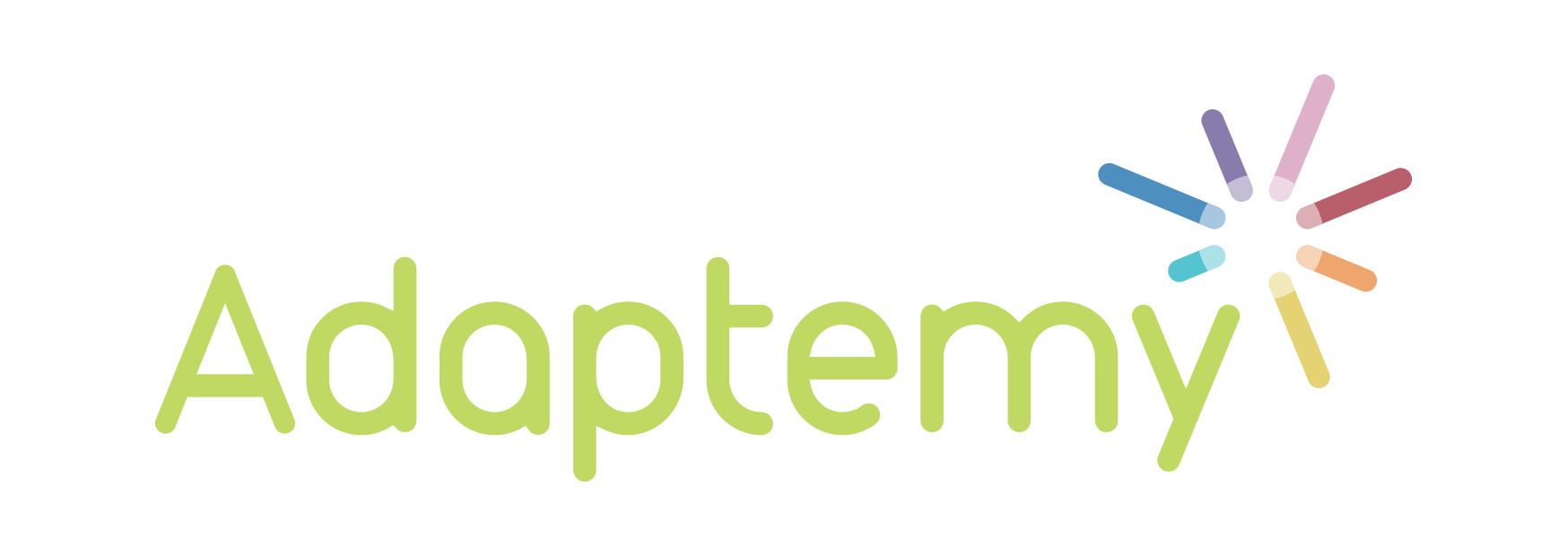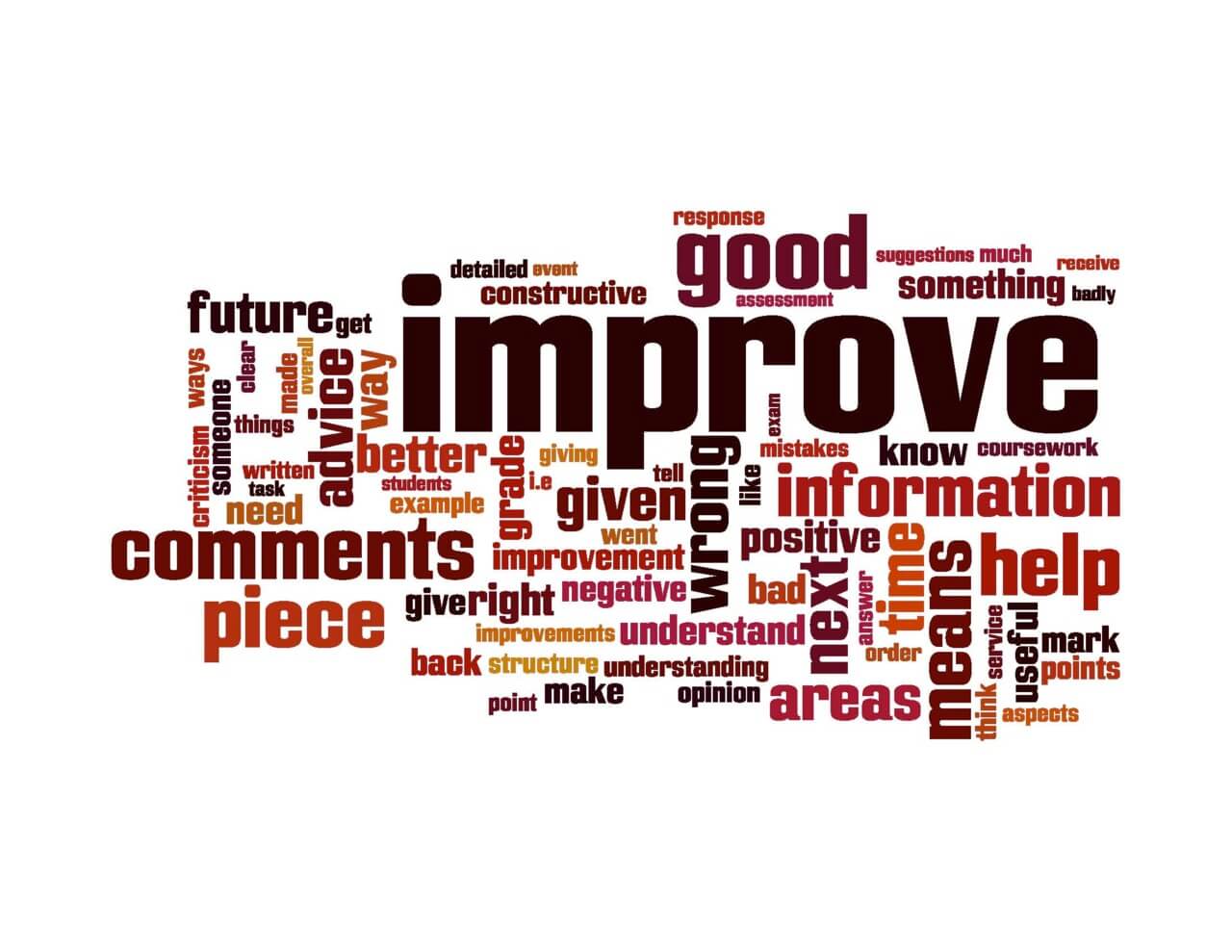All Junior and Leaving Cert students have finished their mock exams at this stage, and some may already be receiving feedback on their papers. This period can be overwhelming for students as they learn where they must concentrate their efforts before the state exams begin in two short months. Receiving feedback on mock exams can lead to the realisation that the state exams are fast approaching, and teachers should make the most of the energy and motivation that often accompany this knowledge. The tips below will allow teachers and their students to make the most of mock exam feedback.
1. Don’t exaggerate
Many teachers will have emphasised the importance of mock exams before and during the exam period, but this strategy can backfire when students are worried about how they have done. Students may feel more intimidated by the state exams if the importance of a bad mock result is overemphasised, so explain what will be expected of them in June and remember that a mock exam is just a practice run.
2. Be honest
Mock exams are often more or less difficult than state exams, and mock examiners may be more or less lenient than those who typically correct Junior or Leaving Cert exams. If this is the case, explain what standard is typically expected by state examiners but remind students that this standard can vary.
3. Listen to students
Some students may be happy with their grade even if their teacher believes that they can do better and vice versa. Teachers can suggest that students may be putting too much or too little pressure on themselves, but ultimately each student must set and strive towards their own goals.
4. Identify positives
Emphasising what students have done well is beneficial because they can take pride in their progress and stay motivated. Additionally, teachers can remind their students not to neglect a certain topic or concept just because they have performed well so far.
5. Identify negatives
Negative aspects of exam feedback are often most useful because they allow teachers to identify topics with which the whole class is struggling as well as those that are only problematic for certain students. Work produced in an exam situation is a realistic measure of how prepared students are, so exam feedback can illustrate areas that must be improved.
6. Make plans
Feedback is useless if it fails to inspire action, and as such teachers should incorporate mock feedback into their plans for the year. Spend more time on areas in which students performed poorly and less time on those in which they excelled, and ask students for their input in order to form a realistic plan of action.
7. Work with students
Feedback will motivate students to work harder in order to achieve their goals, so teachers should work with their students to make the most of this motivation. Taking time during and outside of class to go through student papers will allow them to understand their feedback, and this is the first step towards improving student performance in the final stretch before the state exams begin.
8. Work with other teachers
Teachers of the same subjects and levels can often act as invaluable resources for each other. Ask other teachers for their opinions on the mock exams and on the feedback their students received, and consider working together to provide extra tuition or support for the rest of the year.
9. Repeat if necessary
As I mentioned in my post about the mock exams, teachers can set additional papers for students to complete after school if necessary. This allows students to practice aspects of their exam technique such as timing, and teachers could set one exam-style question to be completed in each class if completing a full paper after school is not an option.
10. Be proactive
Students are entering the final stretch of the year before the state exams, and this period is often accompanied by a unique burst of energy and motivation. Teachers must be proactive in order to capitalise on the impact of mock exam feedback. Delivering and acting on feedback as soon as possible will encourage students to work towards achieving their goals.
Receiving mock exam feedback is an important milestone for every Junior and Leaving Cert student, and the tips above will allow teachers to make the most of the energy and motivation that accompanies this period. Tweet us @adaptemy to let us know your tips for acting on mock exam feedback!



